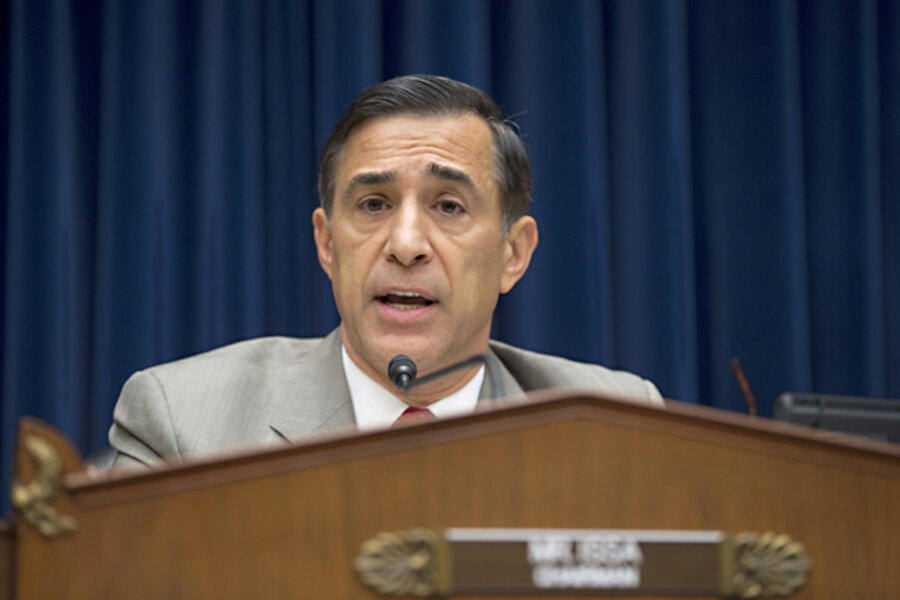Minimum net worth: $140.55 million
Issa's minimum net worth dropped by about $80 million from 2010 to 2011, dropping him one spot on the list, to third place.
It's not a bad place to be: The six-term California Republican still reports having a minimum net worth of at least $140.55 million.
The value of Issa's assets actually increased since last year's filing, from about $295.4 million to $315.55 million. But so did his reported minimum liabilities, which rose from $75 million in 2010 to $175 million in 2011.
The increase in reported liabilities is a bit misleading. Though lawmakers are required to report only the year-end value of all assets, they must disclose liabilities that exceeded $10,000 at any point in the calendar year.
Issa paid off a personal note to Greene Properties of at least $50 million in January of last year. The same month, he paid off a note worth at least $25 million to DEI LLC. Both are still listed as liabilities, along with two personal loans worth at least $50 million each from Union Bank and Merrill Lynch.
Issa describes Greene Properties as a "property management company" that owns California real estate in which he has at least a $5 million stake. DEI LLC is a commercial property management company in which Issa has at least a $500,000 interest.
Before coming to Capitol Hill, Issa founded Vista, Calif.-based Directed Electronics, which manufactures car alarms.







